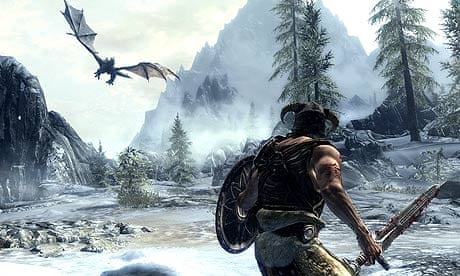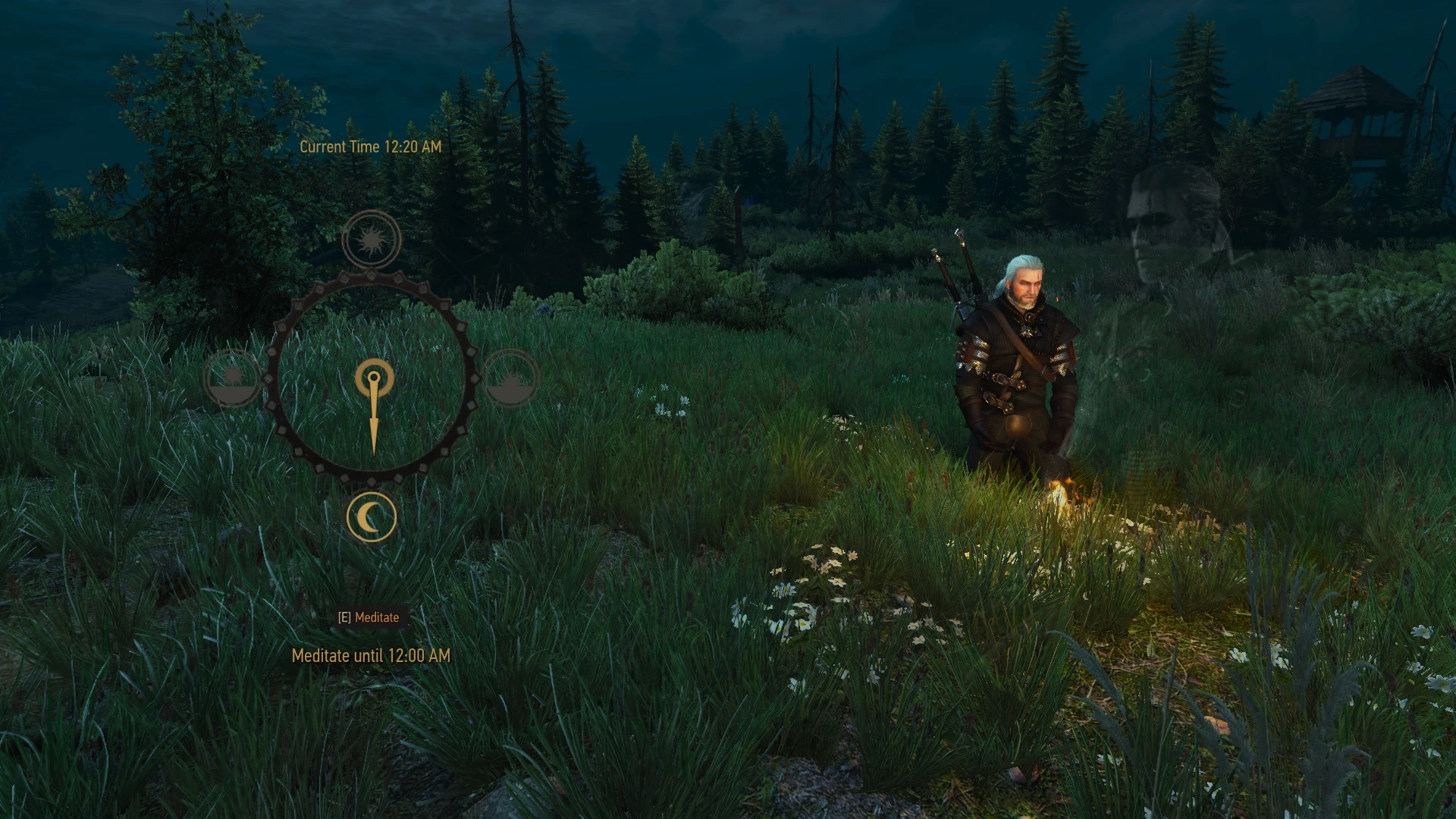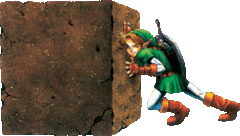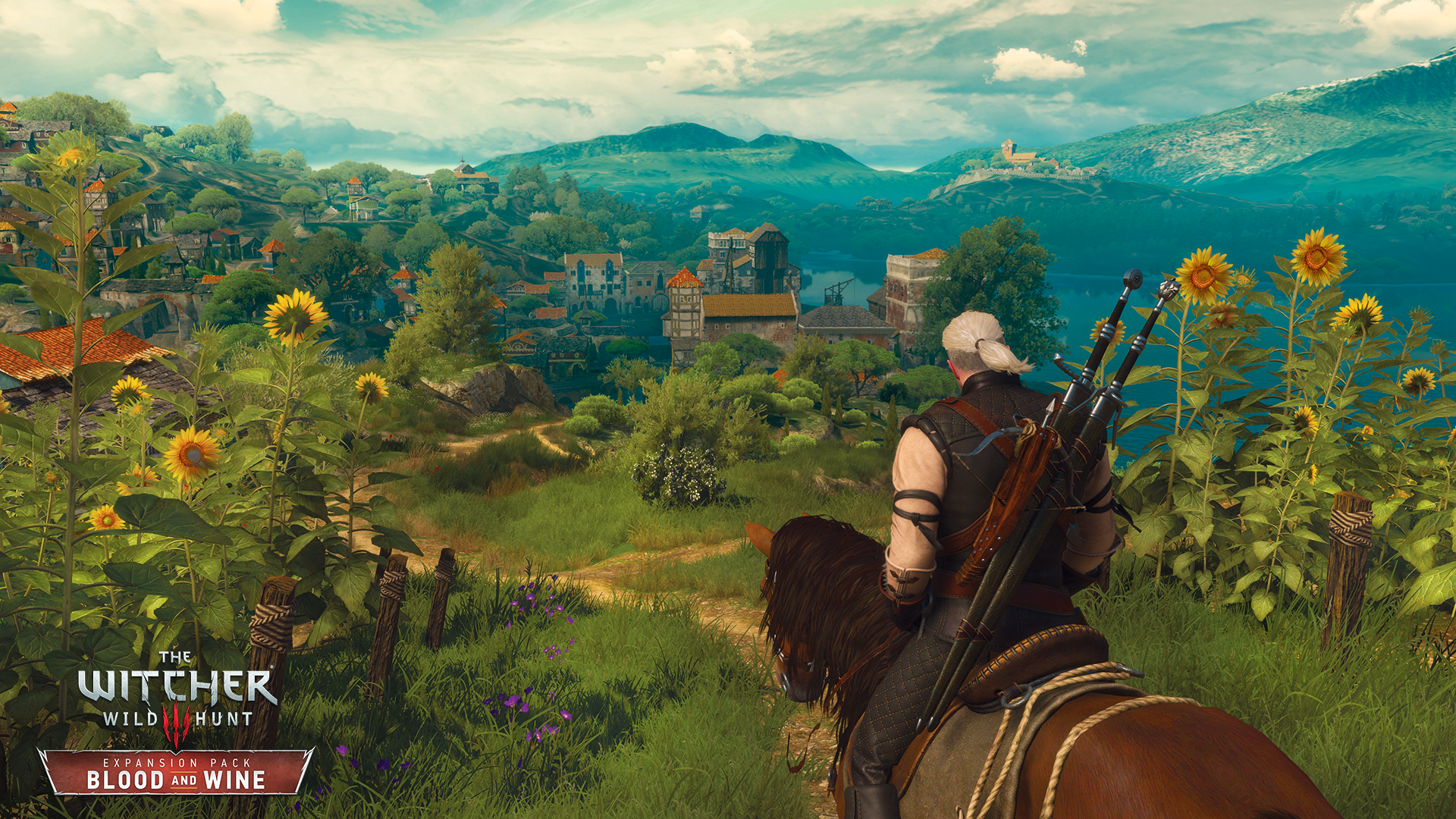
The Witcher is a series that has been going on for a while now, and I decided to jump in on the third game. Turns out that was okay, because everything was so well made that I immediately fell in love with it. The game is unlike most others that I've played before. Sure, I have played Skyrim and The Legend of Zelda, but Witcher does things a bit differently. The game makes you choose. Now, most games will tout "game changing decisions" on the back of the box, but those are primarily binary choices between what is clearly good and clearly evil. Not so much with The Witcher, however. Witcher has players making decisions both narratively, and mechanically.

What I mean by this is: that the player much choose how to go about advancing their character; not just with equipment and weapons, but also with perks and abilities that come with leveling up. In most games, players can level up, and up, and up, and up, until they become nigh unstoppable and a one man army that is close to godlike status. This is because the game will allow players to pick every perk and point along the way to the top of that characters tree (a list of perks and abilities that are placed along a path that branches out, resembling a tree), and let them keep each and every single one. Even the lower level ones that aren't even that effective anymore. The Witcher III only has so many slots that the player can designate these perks/abilities to, forcing them to choose what to improve, what ability to keep, which ability to sacrifice, and what ability to go with next. This doesn't prevent players from becoming stronger, but rather, it allows players to become more invested in the path that they take when forming their character.

How does the player want to play? Do they want to be stronger with magic? Do they want to be stronger with sword combat? Do they want to become more adept at alchemy, and making their potions and oils last longer and be more effective? This is how The Witcher III makes players choose and plan. Other RPGs will also force players to choose how to build their character, but those have set classes that they are constrained to. The Witcher III allows players to branch out a bit more, and create a character that is uniquely their own.

Another way in which The Witcher III helps players to better plan ahead is with its potions, oils, and decoctions. Potions are pretty common among video games of all kinds, but Witcher III treats them differently than most other games. Each potion has a toxicity rating that limits the use of them. Cutting off any player that wants to down a potion of regeneration, followed by a potions of greater strength, followed by a potion of damage reduction. Plus, players can also brew new improved versions of the potions that they have by finding the recipes and ingredients in the world of the game. Players can also learn the different kinds of plants and elements that they need for specific potions. Being able to find a specific plant and identify it in the world, is a pretty cool feeling, and knowing what it is for is even more cool. It gives off the vibe that you're a true survivor, and that you know the lay of the land and you can live off of it, because you're a tough guy/girl. The game itself also strongly advises the use of these potions that the player can craft as they are not invincible. Players should have a decent selection of potions to use before heading into a battle. Whether that is taking on a camp of bandits, or delving into a monsters layer, players need to be prepared.


Speaking of monsters, players are often encouraged to read up and research their prey. As the main character of The Witcher is a hunter of monsters, he should know a thing or two about them. Players can take a look at the bestiary and learn about the creatures that they have fought, and are going to fight. What their weaknesses are, what spells to use against them, what kind of creature they are, where they can be found, and what strategies to use when fighting them. The bestiary is a wealth of knowledge that I spent more time than I thought that I would reading. Usually codex entries in games are either insignificant, or just plain boring. The bestiary in The Witcher was not only useful, but it helped to build up the world of the game.

Finally, there is a sort of "detective" portion of The Witcher III. The main character of the game has super human senses that allows him to be a better tracker. Couple that with his extensive knowledge of monsters and the world around him, and you have yourself a pretty savvy detective. Often times, players will have to track down monsters, and solve problems of the local populace. This sometimes involves inspecting some gruesome scenes of mangled corpses. The game gives players the options to inspect these bodies in an effort to gain more information about what exactly they are dealing with. The descriptive dialogue that comes from the main character gives players insight into his thought process and give them a heads up about what they are going up against. My favorite part about this is how practical all of this is. While Geralt, the main character, might have superior senses, and he is also dealing with mythical beasts: basic sleuthing still gets the job done. Examining claw marks, blood trails, and the surrounding crime scenes help to gain information about what happened. Just like normal detectives do. With wit, cunning, and just plain smarts, players gain a huge sense of satisfaction from tracking down the truth.

Most other games don't really give players this kind of experience. They just trundle through them, with little to no involvement. Skyrim, for example, just has players faffing about in the sandbox that is the game world, taking on quest after quest, without having to worry about the consequences that they yield. Plus, as far as preparation is concerned, most players just get by with winging it. There's nothing wrong with that, though. Shooting and looting is the name of the game in Skyrim. Players can freely wander about the landscape, adventuring and having a good time. Clearing out dungeons, bandit camps, caves filled with monsters, and exploring ancient temples is fun, but all seems... rote. Don't get me wrong, I've spent a lot of time playing Skyrim, and some of the best adventures I've had have been going from one area to the next, exploring different monuments and landmarks to discover new things. However, because of my play style of purely magic use, I was death incarnate by about level twelve. It was a simple plan of attack: sneak as much as possible, then go loud and proud with firebolt. Nothing could stand in my way. If I ever ended up running low on mana, I would drink whatever potions I had found randomly along the path, and be back at it. If it ever so happened that I didn't have any of these mana restoring potions, I could just wait for it to refill, because it doesn't take all that long to refill. How is this different from The Witcher?

Well, I feel more invested in all of the items that I have on my character. The potions I have are because I gathered the ingredients myself. The equipment I have is crafted by a blacksmith that I had to travel the world to find, so that I could have top quality gear. Some pieces of my loadout have a story behind them as to how I got them. In Skyrim, rarely do I get the sense that the things that I have on my person have any sort of bearing or investment on my character. Sure, some items were acquired after completing a quest line, though these quests were completed solely for the purpose of acquiring this gear. It's just another step to optimize damage output and self sustainability. I'm simply just improvising my way through the game. Some things that I pick up on the way only seem temporary. The weapons, equipment and spells that I pick up are only temporary.

The same could be said for the Legend of Zelda franchise. Players go through these games picking up specific items along the way. Some items are universally helpful, but for the most part, these items are only used in the temples that they are found in. They're place outside of these dungeons are rather pointless.They just occupy space in your inventory, never to be used again. This kind of reminds me of how I stumble through life.
I wish that I could be more well equipped like The Witcher. I wish that I could plan things out more. I'm sure that I have the capacity to do so. I like the feeling that The Witcher gives me when I am prepared. I feel so smart, knowing that I picked the right spells to invest in, the right potions to have equipped, the skills that I leveled up. I am invested into making the character the best that they can be with the limited amount of resources that I have, and boy do I know a lot about having limited resources. Careful thought and planning can change the outcome of the future. It's like when you study for a test, rather than just trying to go from memory of what you had heard in class. Some people are really good at paying attention in class, and listening to what the teacher had to say. Others are not. Perhaps it's time to make a change in my life where I maybe do some planning ahead, in stead of constantly trying to just wing it in hopes of putting one foot in front of the other without tripping over them.

Most other games don't really give players this kind of experience. They just trundle through them, with little to no involvement. Skyrim, for example, just has players faffing about in the sandbox that is the game world, taking on quest after quest, without having to worry about the consequences that they yield. Plus, as far as preparation is concerned, most players just get by with winging it. There's nothing wrong with that, though. Shooting and looting is the name of the game in Skyrim. Players can freely wander about the landscape, adventuring and having a good time. Clearing out dungeons, bandit camps, caves filled with monsters, and exploring ancient temples is fun, but all seems... rote. Don't get me wrong, I've spent a lot of time playing Skyrim, and some of the best adventures I've had have been going from one area to the next, exploring different monuments and landmarks to discover new things. However, because of my play style of purely magic use, I was death incarnate by about level twelve. It was a simple plan of attack: sneak as much as possible, then go loud and proud with firebolt. Nothing could stand in my way. If I ever ended up running low on mana, I would drink whatever potions I had found randomly along the path, and be back at it. If it ever so happened that I didn't have any of these mana restoring potions, I could just wait for it to refill, because it doesn't take all that long to refill. How is this different from The Witcher?

Well, I feel more invested in all of the items that I have on my character. The potions I have are because I gathered the ingredients myself. The equipment I have is crafted by a blacksmith that I had to travel the world to find, so that I could have top quality gear. Some pieces of my loadout have a story behind them as to how I got them. In Skyrim, rarely do I get the sense that the things that I have on my person have any sort of bearing or investment on my character. Sure, some items were acquired after completing a quest line, though these quests were completed solely for the purpose of acquiring this gear. It's just another step to optimize damage output and self sustainability. I'm simply just improvising my way through the game. Some things that I pick up on the way only seem temporary. The weapons, equipment and spells that I pick up are only temporary.

The same could be said for the Legend of Zelda franchise. Players go through these games picking up specific items along the way. Some items are universally helpful, but for the most part, these items are only used in the temples that they are found in. They're place outside of these dungeons are rather pointless.They just occupy space in your inventory, never to be used again. This kind of reminds me of how I stumble through life.
I wish that I could be more well equipped like The Witcher. I wish that I could plan things out more. I'm sure that I have the capacity to do so. I like the feeling that The Witcher gives me when I am prepared. I feel so smart, knowing that I picked the right spells to invest in, the right potions to have equipped, the skills that I leveled up. I am invested into making the character the best that they can be with the limited amount of resources that I have, and boy do I know a lot about having limited resources. Careful thought and planning can change the outcome of the future. It's like when you study for a test, rather than just trying to go from memory of what you had heard in class. Some people are really good at paying attention in class, and listening to what the teacher had to say. Others are not. Perhaps it's time to make a change in my life where I maybe do some planning ahead, in stead of constantly trying to just wing it in hopes of putting one foot in front of the other without tripping over them.



